The flash of sparrowhawk wings alerted me to the raptor’s presence in my woodland. I then notice feathers, the headless corpse of a song thrush. I hesitate. Will the hawk return its kill?
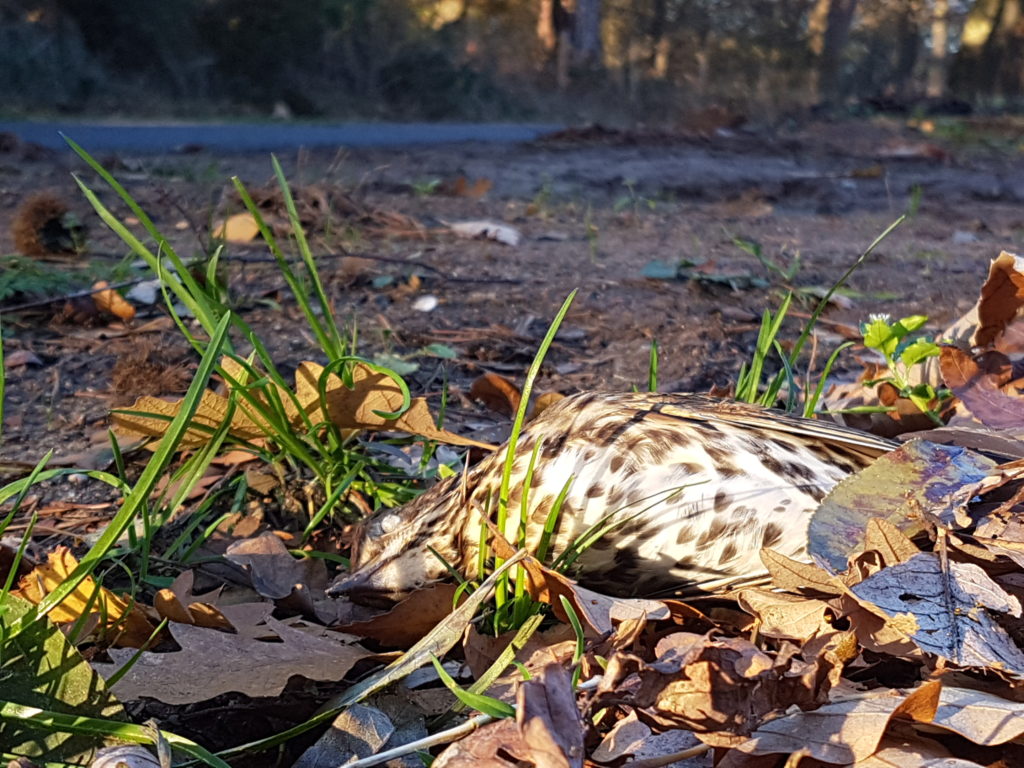
In the hushed post-raptor air of tension, I pick up the body, still warm to the touch. Shall I leave it to a scavenging fox or the carrion beetles? My Sméagol brain jangles: ‘But I am also part of nature!’
Hunter DNA
Within me there lurks that hunter-gather DNA. Perhaps too often airbrushed from today’s sanitised environmental narratives. (See ref to this in my talk at a rewilding conf in the David Attenborough Building, Cambridge).
I’ve dug deep – financially and physically – to create this ‘wildwood’ in which song thrushes have a preference for nesting in spruce trees. So if badger grubs up bumblebee nests, tawny owl hunts voles, can I not harvest this protein-rich offering?
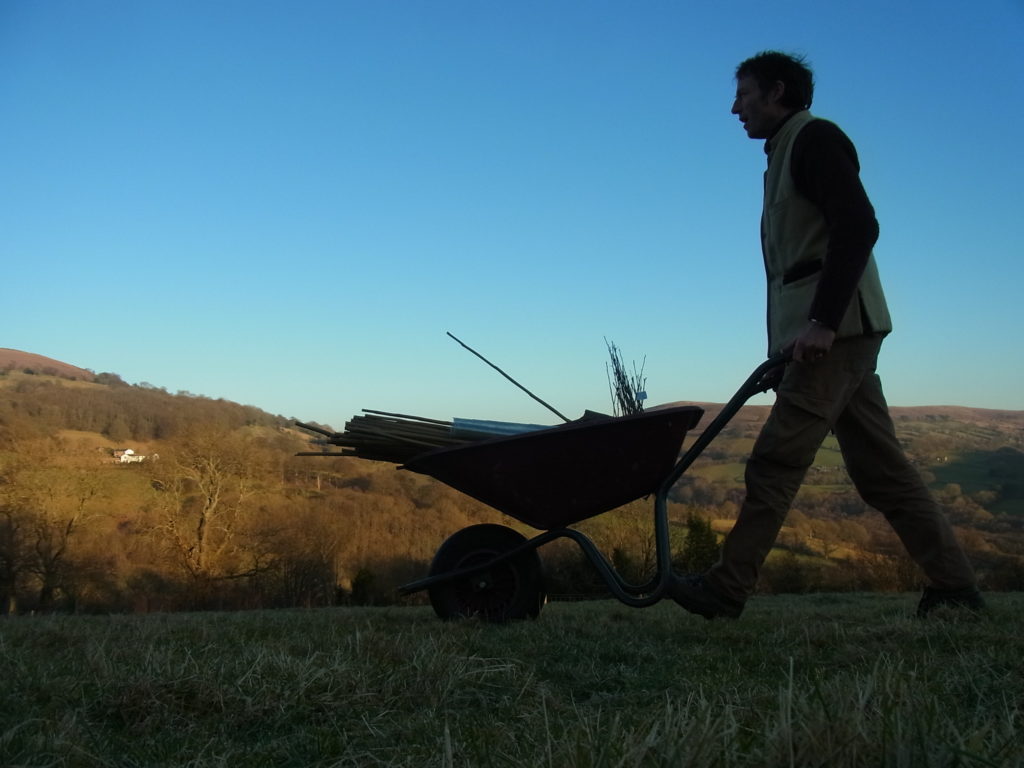
Hold the bacon
OK, I confess. I’ve got form. When working as a young land agent (aka rural chartered surveyor), I came across a song thrush on a small icy country lane. The ice had melted around the body: so why let the next car flatten it or a fat generalist predator snaffle it?
Anyway, I ate the song thrush on toast. Both of them. A sinewy liver-rich delicious taste of wildness.
The backstory – an optional postscript
This blog, obviously, is not about suggesting wild birds are returned to the menu. Perhaps as part of some pseudo paleo-diet.
It’s about tolerating alternative connections to nature. Sometimes by a minority of the population which may not mirror the view of the majority. A few hundred years ago things were very different.
Skylark pie
The world is urbanising. The UK started it 150 years ago. When skylarks were harvested to help feed a burgeoning post-Industrial Revolution urban population. By 1861, more people lived in UK cities than in rural areas. Globally this shift occurred circa 2007, perpetuating to which some refer to as the metabolic rift. (That’s for another blog about tensions over defining sustainable agriculture in the 21st C.)
Half earth – whole earth
As urban-dwelling citizens disengage with nature: raw in welfare, red in tooth, messy in action, farmed food arrives bloodless direct to plate or door. ‘Leave nature alone, let it do it’s own thing, get out of the ecosystem, stay on the path, get behind the fence’.
There is a tussle going on behind the scenes. Some suggest ( EO Wilson et al) that humans should retreat to leave half the earth’s area to protect nature. Others promote that humans share the whole earth with nature. As the UK rethinks its national parks for nature over people, it could learn from Mongolia. It set up the world’s first national park (Bogd Khan Uul) – way before America’s Yellowstone model drawn up by John Muir.
Bush meat
Wilderness: Origin. Old English wildēornes ‘land inhabited only by wild animals,’ from wild dēor ‘wild deer’ + -ness.
from Indigenous knowledge and the shackles of wilderness
So why did I eat the songbird? Simply because I wanted to remind myself of being close to ‘land inhabited by wild animals’.
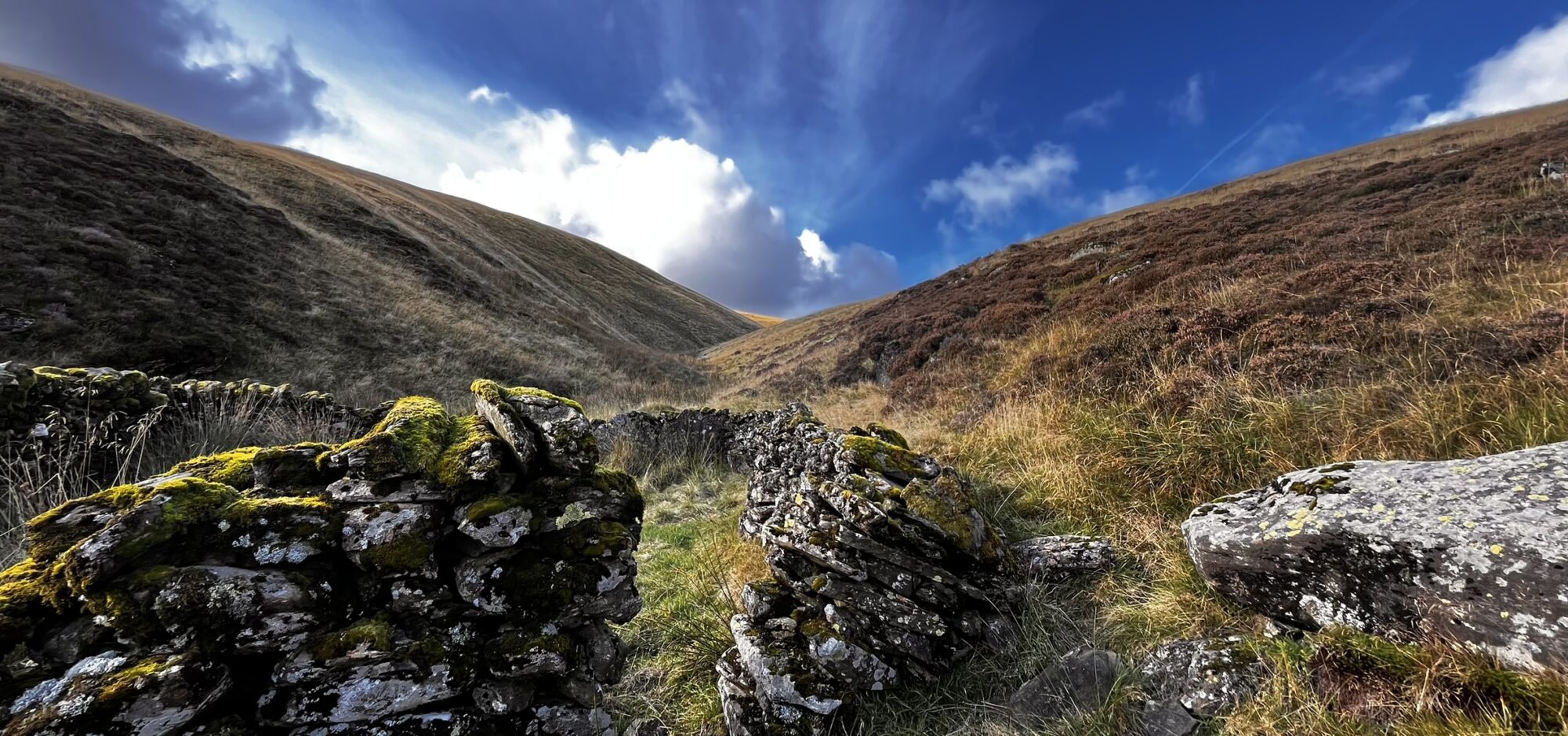

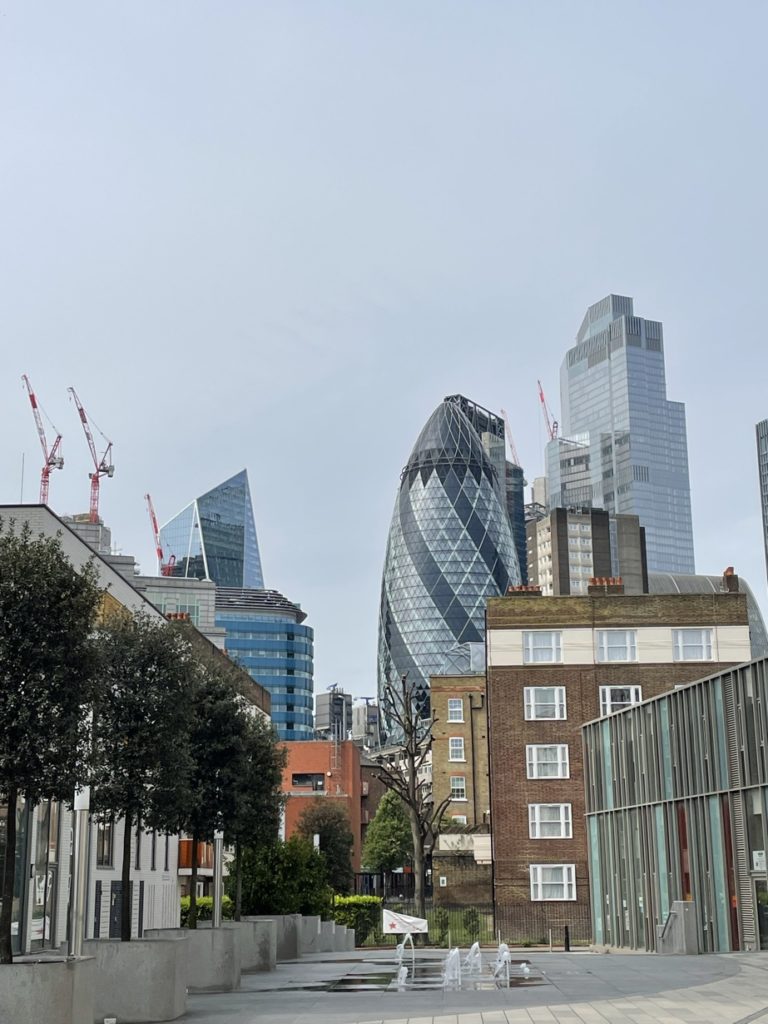
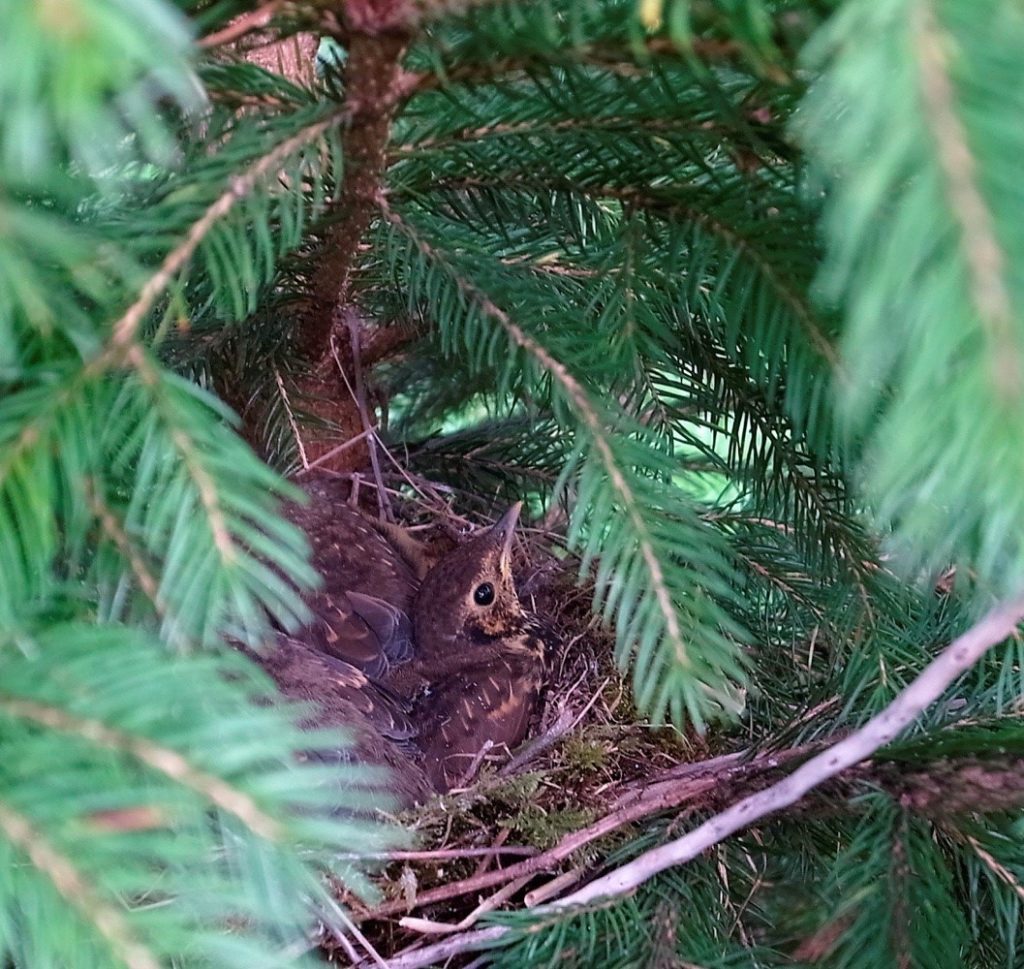
Mmmm. I still remember that road casualty muntjac stew you cooked as a young National Trust surveyor. A bit concerned having seen it at the roadside 3 days earlier, but we all survived….and it was very tender!!